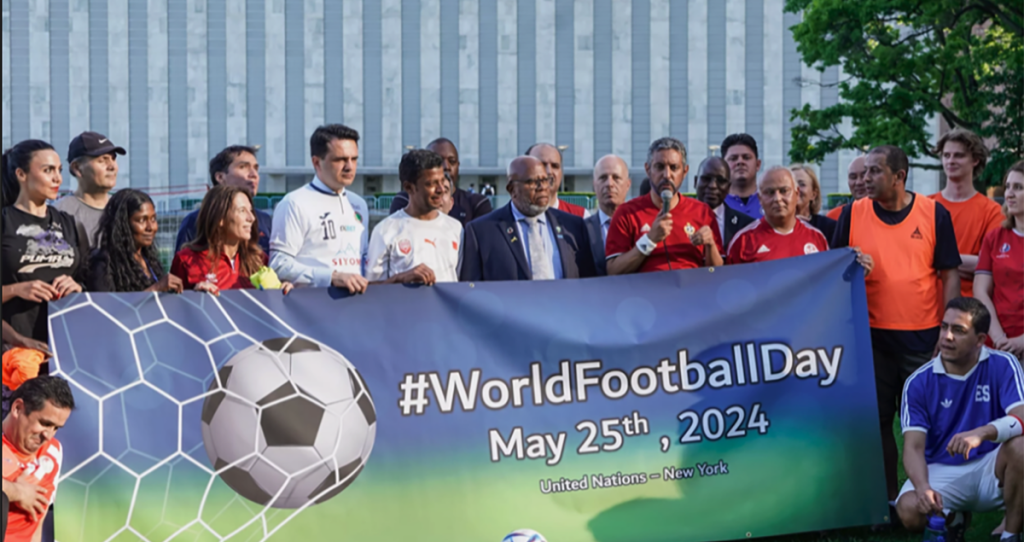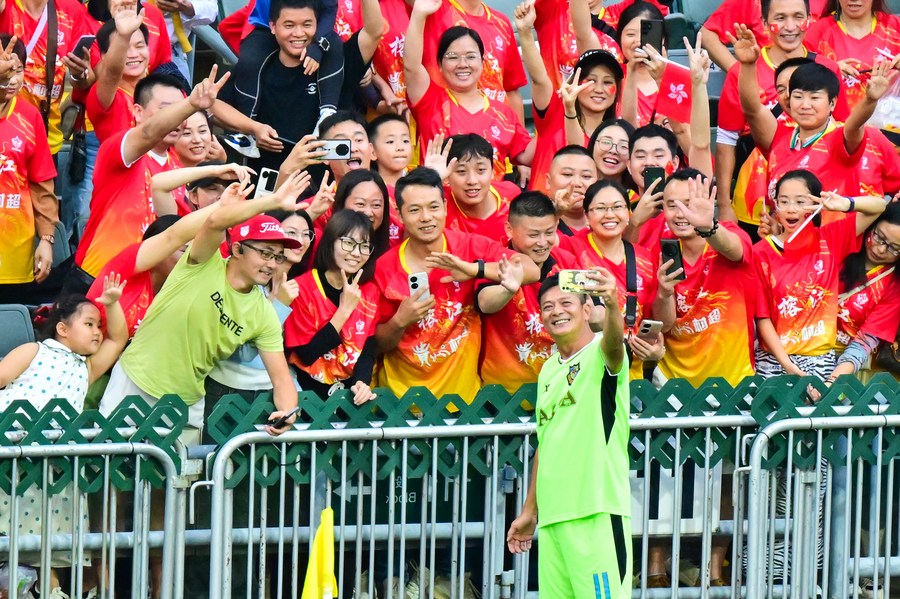The Global Impact of Football: Uniting Cultures Across Continents

Football — a game that has often been called as “the beautiful game” is not just a sport. The situation is no different then a ripple effect which crosses boundaries, languages and cultures worldwide. Have you noticed the proliferation of football everywhere from the streets in Rio to tiny villages in some obscure part of Africa? This is in-depth, global analysis that can help predict how the beautiful game continues to shape and form culture around the globe.
Breaking Down Barriers

- Cultural Exchange: Football, it can be said, is a universal language that draws people from different walks of life together. Be it through watching football leagues, joining the local team, or participating in international tournaments, football is in renovation of culture and solidarity. Fans from different nations come together through their shared love for the sport, mainly resulting in friendship ties that transcend culture and nation.
- Inclusivity: The simplicity of football—a ball and a patch of open space—makes it accessible to people of all ages, genders, and social classes. This inclusivity has allowed football to penetrate even the most remote areas, becoming a common thread that connects diverse communities.
Uniting Nations

- World Cup Fever: The FIFA World Cup is one of the most watched sporting events in the world, uniting billions of people every four years. During the tournament, national pride and collective enthusiasm reach their peak as fans come together to support their teams. The World Cup not only showcases the talents of the best players but also serves as a celebration of global unity, bringing together nations in a shared experience.
- International Competitions: Beyond the World Cup, other international tournaments like the UEFA European Championship, Copa América, and the African Cup of Nations play similar roles in uniting countries and promoting regional identity. These events foster a sense of belonging and pride among fans, who rally behind their teams in a display of unity and cultural pride.
Cultural Expression

- Rituals and Traditions: Football is deeply embedded in the cultural rituals and traditions of many countries. From the passionate chants of fans in stadiums to the vibrant pre-match parades, football culture reflects the identity and values of different communities. In countries like Brazil, Argentina, and Italy, football is a way of life, with clubs and national teams embodying the spirit and pride of the nation.
- Art and Music: Football has also influenced art, music, and fashion around the world. Songs and anthems composed for football teams have become part of the cultural heritage of many nations. Similarly, football-inspired art and street murals are common in cities across the globe, celebrating the heroes of the sport and the passion of the fans.
National Unity and Pride
- Symbol of Identity: Football often serves as a symbol of national identity and unity. In times of crisis or political turmoil, a national football team can become a unifying force, bringing people together under a common banner. For instance, during the 1998 FIFA World Cup, the French national team, composed of players from diverse ethnic backgrounds, became a symbol of unity and multiculturalism, embodying the values of the nation.
- Collective Joy and Sorrow: The emotional highs and lows of football—victories, defeats, and dramatic moments—are shared experiences that bond communities and nations. The collective joy of winning a major tournament or the shared sorrow of a heartbreaking loss can bring people closer together, creating lasting memories and a sense of camaraderie.
